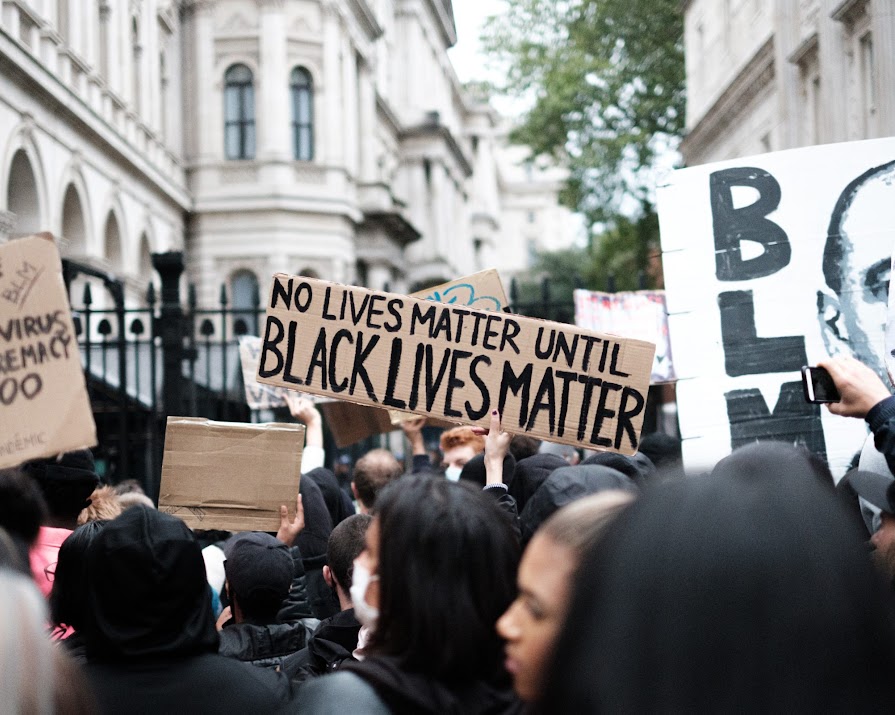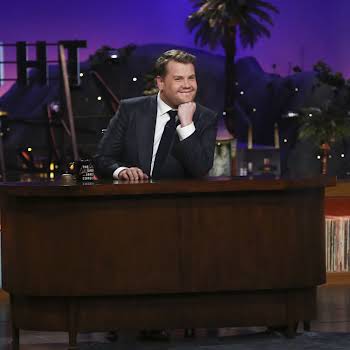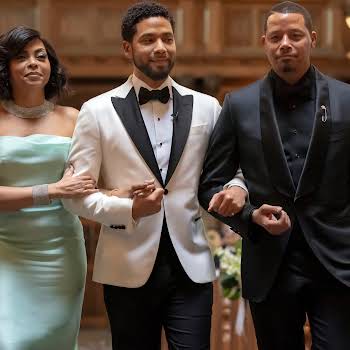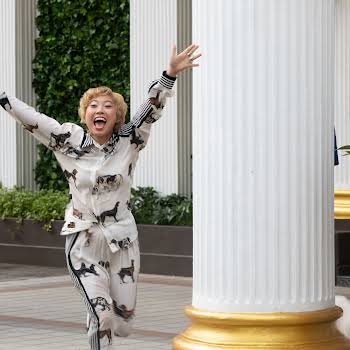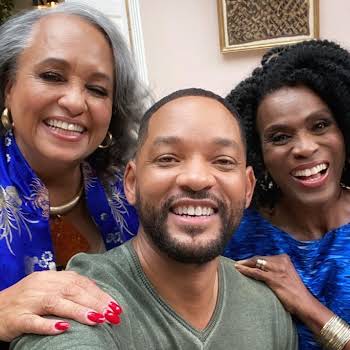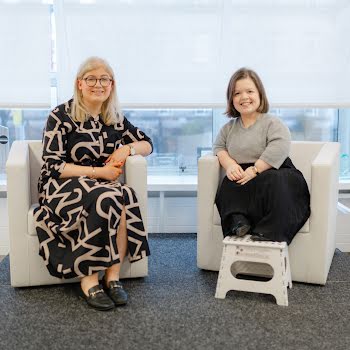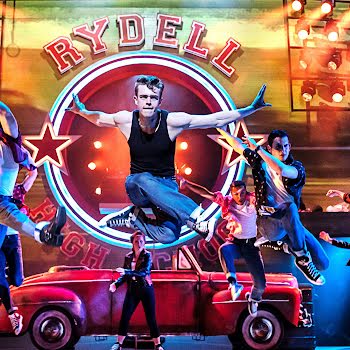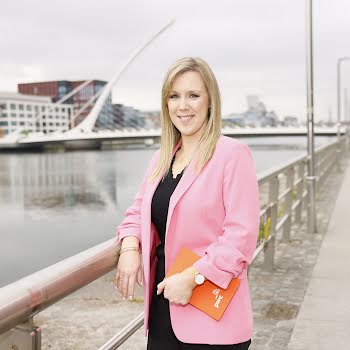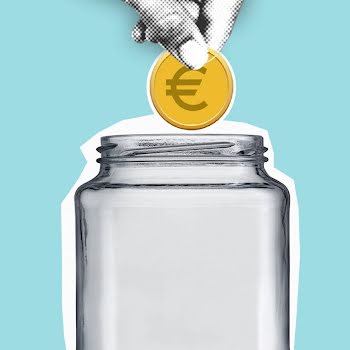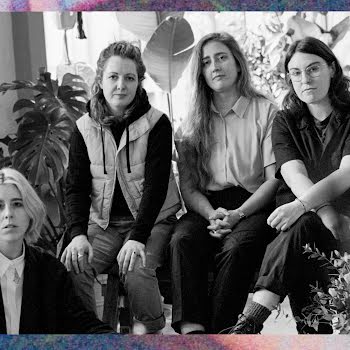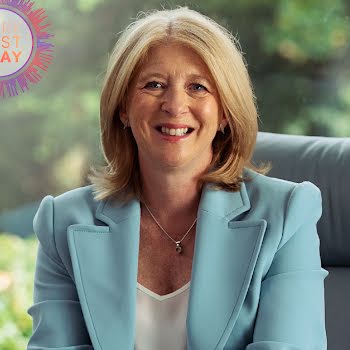
Where are they? The absence of of white Irish activism after George Nkencho’s death speaks volumes
By IMAGE
24th Jan 2021
24th Jan 2021
In the wake of George Floyd’s death, thousands of Irish people marched on the streets in support of #BlackLivesMatter. But their absence following the fatal shooting of George Nkencho implies it was all a back-patting exercise, writes Tobi Lawal.
In June 2020, the winds of racial awareness crossed the Atlantic and found themselves in Ireland.
However, what seemed to be the beginning of an understanding about the physical and psychological effects of racism and the hatred of black people for simply existing in Ireland, came to a screeching halt when George Nkencho a young black, mentally ill, Nigerian/Irish man, was shot and killed by Gardaí on December 30, 2020.
Much can be said for the pain, hurt, anger and resignation felt by the entire Black community in Ireland. We had all seen this before, the violence, the hurl of derogatory words, the fear that grips you when you walk into a room and realise you are the only Black person there, the microaggressions within interracial relationships, the never-ending biases that seem to follow us like a dark cloud. Black people have, and continue to be, the recipients of bucket loads of trauma.
And, despite the sense of progress that had been made the previous June, there was a rush of angry words from many in the white Irish online community that Black people would even dare question that race played a factor into Georges death. There was not even a pause for breath. Instead, what we saw were lies, hatred and racist remarks scattered over apps like Instagram, Facebook and Twitter.
The falsehoods about George became so ubiquitous that An Garda Siochana, the institution who many felt they were defending through this vitriol, made a statement about their concern about the false information being spread about a dead man’s character.
Last year I watched with budding hope as many Irish people, young and mature, pledged to listen and learn, to do better, be more inclusive, more aware, and to be anti-racist.
Looking back on what I can only describe as a surreal month, I realise what Irish white people gained from Black people sharing their experiences about racism (whilst simultaneously educating them) was a subconscious pat on the back.
This pat came because they had never called someone a derogatory name, so they felt they were excluded from and not accountable for those who had willingly caused such trauma. But the insidious racism, the silent discrimination that is ever-present when one reads a CV with a different name, or a person speaks a different language or has a different skin colour, which somehow makes them less deserving or more “complex”, is what we really need to address.
This internalised racism led to many believing the online headlines and social media posts about George Nkencho. That he was somehow deserving of death. That his family deserved to receive hate mail. While the entire nation might not be accountable for the misinformation campaign or torturing of a grieving family, many stood by. Where were the black squares and #BLM posts then?
The response from those who promised to educate themselves on the ways racism can present and to be conscious of their own biases seemed to be eerily silent. Why? Was it because it is difficult to accept that you and your community have deeply entrenched racial biases that you have yet to address, or that you are scared of the backlash for calling the death of George Nkencho a tragedy and the racism experienced by many who spoke out was undeserved?
Which is worse?
I fear the answer.
Featured image: Ehimetalor Akhere Unuabona on Unsplash
Read more: Frontline healthcare workers in Ireland are asking for their citizenship to be fast-tracked
Read more: US events this week only underline the necessity for a thorough investigation into the shooting of George Nkencho
Read more: Tackling the bystander effect: What to do when you witness racism











